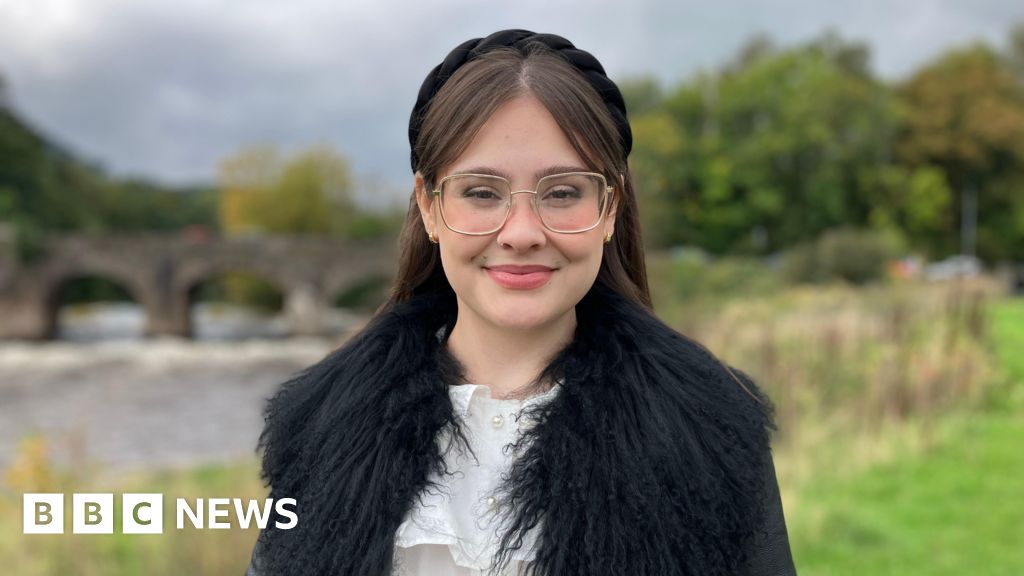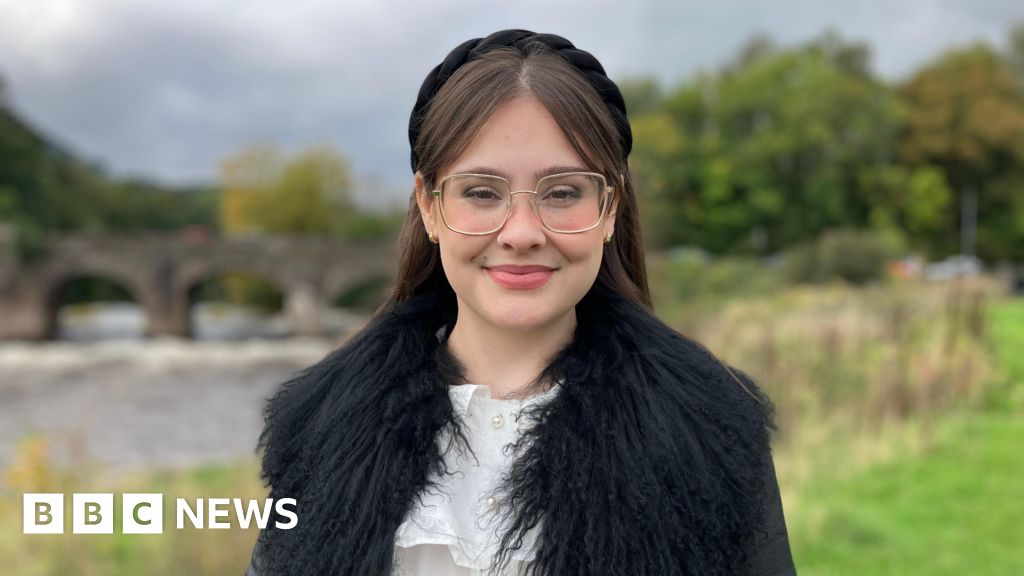**Dispelling Myths Around Autism: The Increasing Recognition of Autistic Women in Wales**
*By Luned Phillips & Meleri Williams, BBC Wales News*
Molly Siobhan Parker is on a mission to dispel myths around autism, especially concerning autistic women. Diagnosed at the age of 22, she is among a growing number of adults receiving new autism diagnoses.
Autism diagnoses in the UK have risen “exponentially,” with a study showing that there were eight times as many new diagnoses in 2018 compared to 1998. In Wales, the number of women seeking support has tripled in the past five years.
The National Autistic Society has highlighted that diagnostic criteria have historically been “shaped around stereotypical ‘male’ presentations of autism,” resulting in “a generation of women” missing out on timely diagnoses and support.
—
### Understanding Autism and Its Spectrum
Autism is a lifelong neurodivergence and disability affecting how individuals experience and interact with the world. It is a spectrum, meaning it encompasses a wide range of traits that vary significantly from person to person.
Molly Parker, now 28, was diagnosed with autism in 2020. She recalls that her mental health deteriorated sharply after graduating. After seeking advice from medical professionals, friends, and family, she pursued an assessment.
As an actor and writer from Pontypool in South Wales, Ms Parker initially found her diagnosis “tricky” due to the narrow and stereotypical portrayal of autism in the media.
> “I didn’t see myself in that. It was a very disjointed idea of how I felt and how I saw autism,” she said.
> “The kind of ‘nerdy white men’ that love their trains and love their maths — I think there is a place for that because obviously those people do exist, but there are also different types of people.”
Before her diagnosis, Ms Parker struggled with suicidal thoughts and now believes she was suffering from burnout caused by being undiagnosed.
> “From my research around autistic women, it happens a lot with women being late diagnosed,” she explained.
> “We mask all our lives through high school, through education, through university, and then boom, it kind of blows up. We can’t mask anymore, we’re in severe burnout, and we struggle mentally.”
She shared that her diagnosis profoundly improved her mental health.
> “It has done tremendous things for me. I feel the best I’ve ever been. I understand myself, and people understand me more.”
However, Ms Parker criticized the support offered post-diagnosis, noting she sought advice on specific coping tools but was only offered group sessions — which she described as “kind of your worst nightmare” for an autistic person.
—
### Experiences of Others: Helen Harman’s Story
Helen Harman, 46, from Newport, also opened up about her journey with autism. During the Covid pandemic, she experienced significant challenges, including loss of work, which led her to a crisis point.
After listening to a BBC Radio 4 program about autism and consulting a neurodivergent therapist, she requested an autism assessment. Diagnosed at 42, Helen initially felt relief, which soon gave way to sadness and grief for her younger self.
> “Emotion that need not have been there had I known sooner,” she reflected.
She acknowledged rising awareness of autism but noted that misunderstandings remain common.
> “One of the common things raised nowadays is, ‘why so many now? Why so many diagnoses? Is it trendy?’
> The answer to that is no — it’s just people have been suffering in silence for a very long time.”
Helen also pointed out that support after diagnosis is often “very limited and very patchy,” which can lead to loneliness. Determined to change this, she co-founded an online community and now organizes monthly walks for autistic women aged 20 to 60.
> “I’m really grateful to have found that it’s not just me, I’m not on my own. There is a whole wide world out there where differences can be accepted and explored.”
—
### Rising Demand and Changing Perspectives in Wales
According to data from Neurodivergence Wales, over the last five years, there has been a 133% increase in adults seeking autism diagnoses — from 2,092 in 2019/20 to 4,882 in 2023/24. Most are aged between 26 and 45.
The same data indicates that the number of women seeking support has nearly tripled during this period.
The National Autistic Society confirms similar trends in England. Mel Merritt, the charity’s head of policy and campaigns, highlighted that diagnostic criteria traditionally based on “stereotypical ‘male’ presentations” mean many women remain undiagnosed or misdiagnosed.
Sian Lewis from Wales’ Neurodivergence Service echoed these concerns, noting that past lack of information caused many women to be misunderstood or wrongly diagnosed with conditions such as anxiety or depression — when autism was the underlying cause.
> “We know many women have had to reach crisis point before accessing the services they need,” she said, adding that efforts are underway to change this for the future.
—
### Welsh Government Response
The Welsh government stated that it is “working to reduce waiting times in response to increased demand for neurodivergence services.”
A spokesperson added there is also a focus on funding children’s services to facilitate earlier assessments and support, which could help reduce pressure on adult services in the future.
—
### Moving Forward: Molly Parker’s Comedy and Advocacy
Reflecting on her school years, Ms Parker said she was always a joker — a coping mechanism to mask and blend in.
> “I’ve definitely dropped the mask now, and the comedy has stayed with me. I do love being the entertainer and making people laugh.”
Five years after her diagnosis, she is using comedy to address the “huge gap” in autism portrayal in media and has created a comedy film to help improve public understanding.
> “A lot of people don’t have an understanding of autism, and sadly it falls on ourselves at the moment to educate those people.”
Ms Parker now feels at peace with her “life-changing” diagnosis.
> “Once I accepted it and came to terms with it, I could definitely move forward with the life that I want, but with those adaptations that I need.”
—
**For more information and support on autism, visit the National Autistic Society and Neurodivergence Wales websites.**
https://www.bbc.com/news/articles/cpvl7d29jz8o?at_medium=RSS&at_campaign=rss

